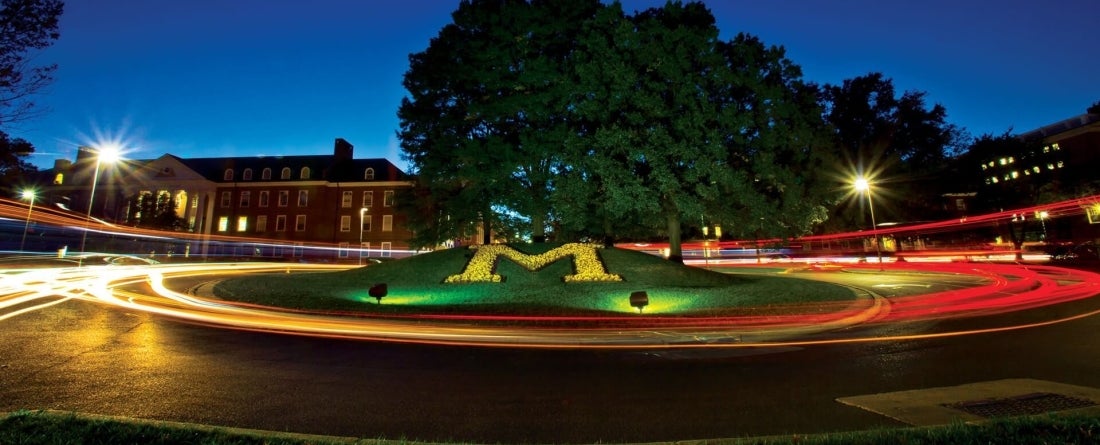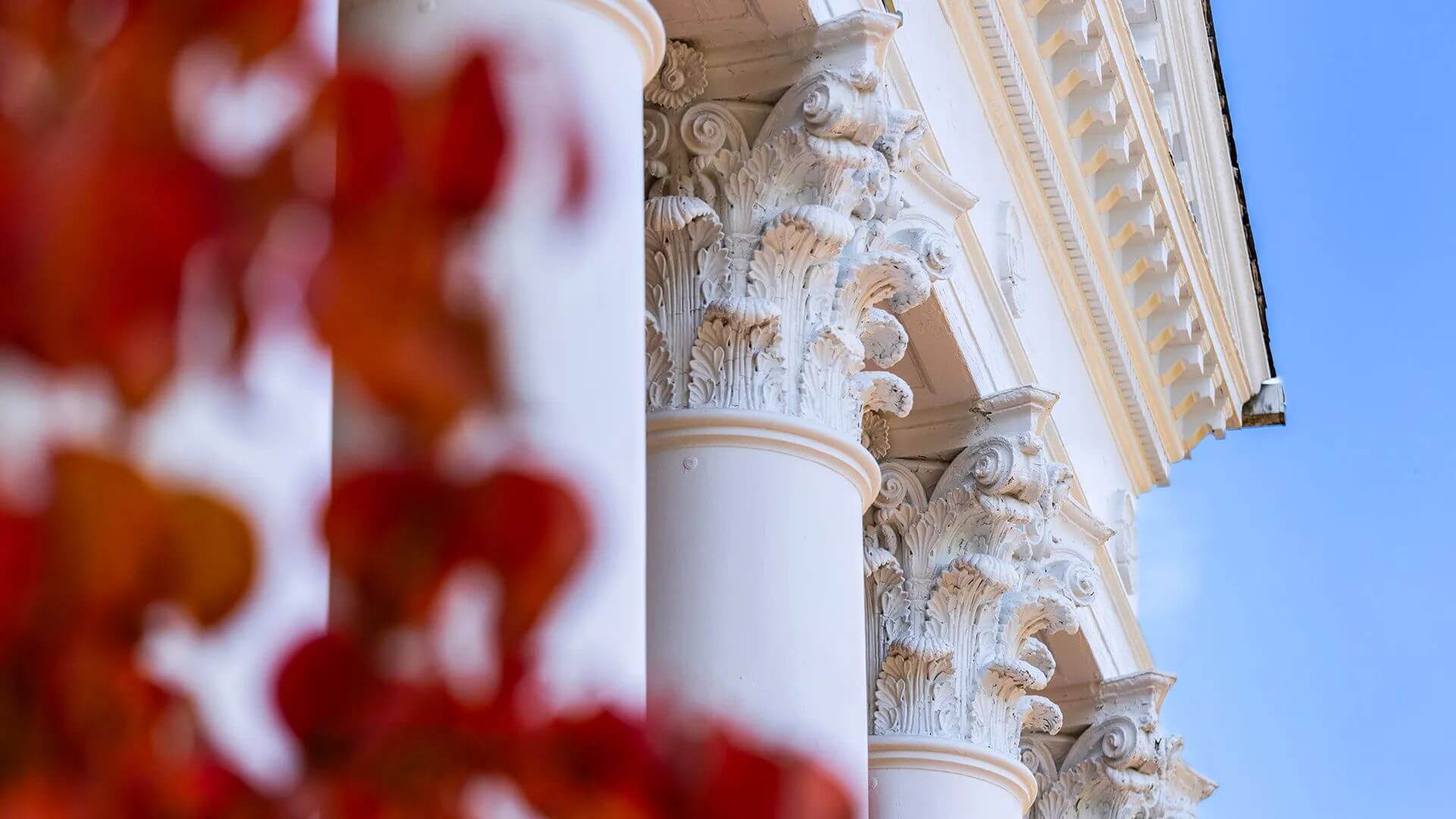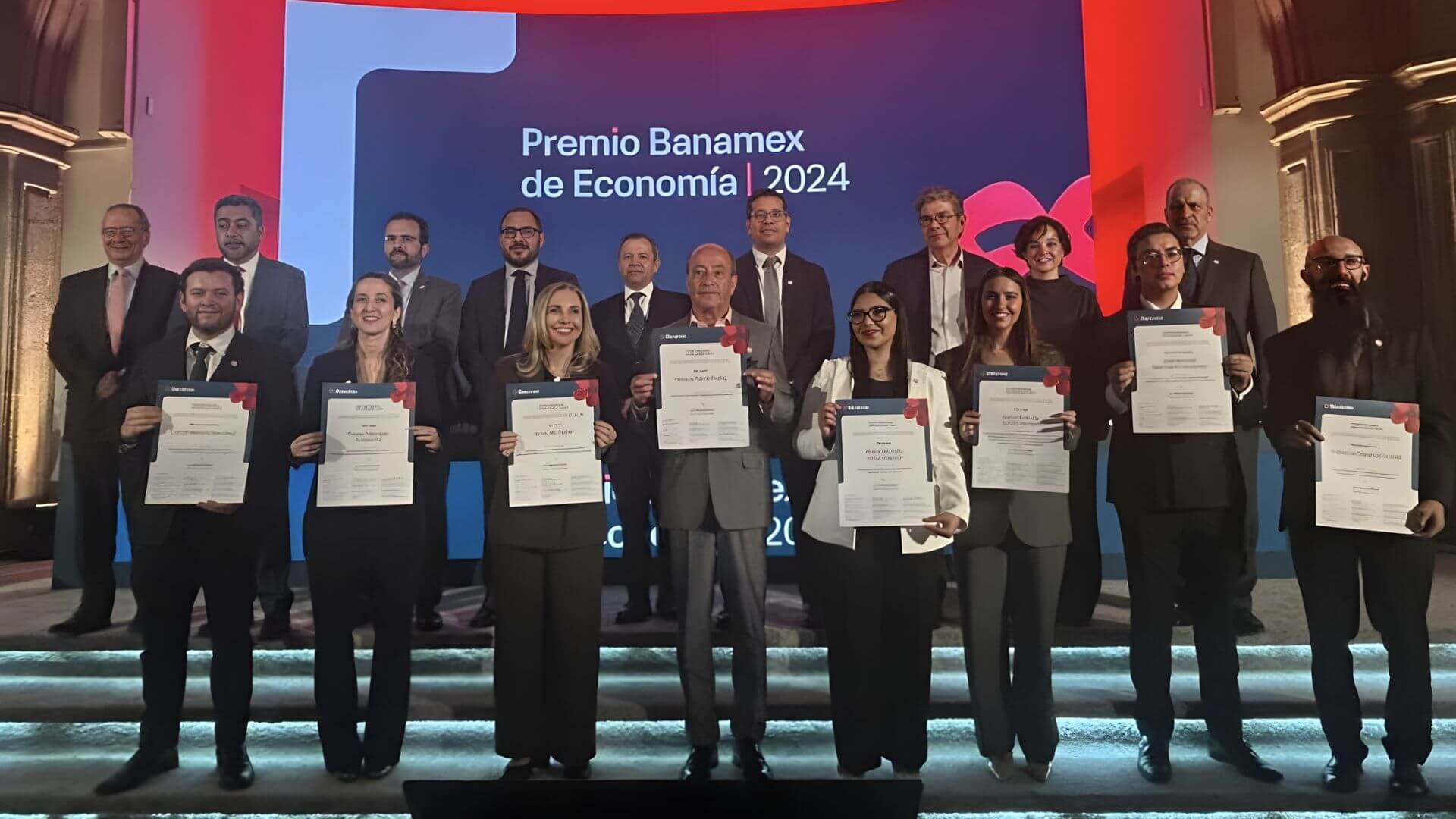
The Maryland Civic Education Coalition (MDCEC) was recently invited to present to the Maryland State Senate Budget and Taxation Committee on their efforts to strengthen civic education and service learning in the state. The MDCEC, formed in early 2021, brings together educators, grassroots civics advocates, students, and scholars interested in civic learning.
Following an inaugural Maryland Civic Education and Engagement Leadership Summit with over 300 attendees in February 2021, the Coalition issued a report, jointly published by the University of Maryland School of Public Policy and College of Education, highlighting key takeaways based on insights from Summit attendees. The Senate briefing touched on a number of those takeaways and provided an opportunity for lawmakers, staff and the community to learn more about how the Coalition is working to share and promote ideas to improve Maryland's unique service learning graduation requirement and connect it to civic learning in the classroom.
During the briefing, MDCEC members shed light on the history of civic education in the state and suggested areas of opportunity to members of a committee principally focused on fiscal policy. Marcie Taylor-Thoma, associate director for the Maryland Council for Civic and History Education and former director of Social Studies for the Maryland Department of Education, stressed the need for equitable civics education for Maryland students. She described her time as a civic educator in the past, emphasizing the need to support a diverse population of students with an equitable education.
MDCEC witnesses also touched on the lack of diversity among teachers of social studies and civic courses, further highlighting their goals of equitable access to civic learning. The briefing shed light on the resources needed to better support both students and educators as they navigate through discussions on tough issues facing American democracy. Members of the MDCEC remain optimistic, especially after members of the Senate embraced their vision of strengthened civic learning in the state.
Civic education is not only good for the future of democracy, it also helps individual students develop important life skills. “The knowledge skills and dispositions acquired through active civic learning that lead to effective participation in democratic life … are the same skills necessary for career success,” said Taylor-Thoma.
The Civic Innovation Center is a founding member of the MDCEC. Learn more about the coalition at mdcivics.org.



